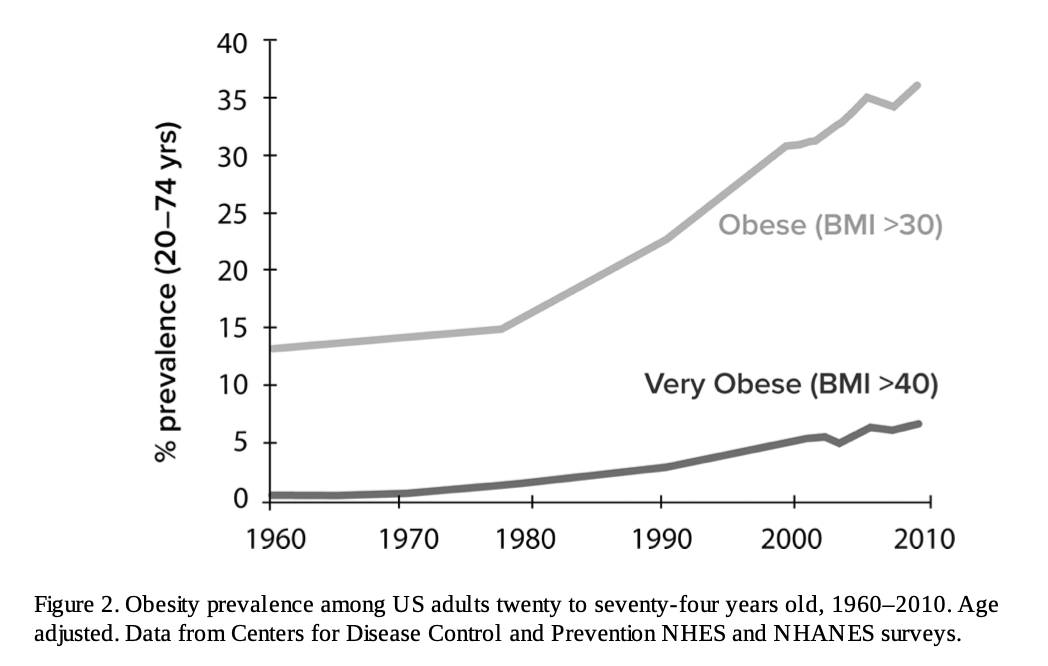Hi, I write AppliedDivinityStudies.com which you link to. A couple quick clarifications:
- The blog is not written by Alexey Guzey.
- In the piece you link I'm just taking Toby Ord's estimates at face value to use them as a parameter, I haven't given this a ton of thought.
But basically I do think AI Risk is important. I don't write about it because I don't have anything particularly smart to say. As you note, it's a complex topic, and I don't really feel like there's any value in me contributing unless I were to really invest in learning much more.
Once every couple years or so, I feel a bad about this and try to spend a few days learning much more. Given those experiences, I think it's reasonable for me to believe that I'm bad enough at thinking about AI Risk that I can justify not working on it full-time.
My contributions to the effort, if I have any, will mostly be in more abstract philosophical discourse. The post you link for example is about whether or not trying to accelerate scientific progress would be good for x-risk. I have more work coming up on whether or not we should expect optimized dystopia to be worse than optimized utopia is good.
Guyenet, who's palatability theory you seem to prefer, shares the same interpretation as SMTM. His chart from The Hungry Brain:

And his commentary:
In 1960, one out of seven US adults had obesity. By 2010, that number had increased to one out of three (see figure 2). The prevalence of extreme obesity increased even more remarkably over that time period, from one out of 111 to one out of 17. Ominously, the prevalence of obesity in children also increased nearly fivefold. Most of these changes occurred after 1978 and happened with dizzying speed. [emaphasis mine]
Wait what? This isn't even a chart of the same thing.
- It's a chart of data from 1880 to ~1980, whereas SMTM as looking specifically as the change in 1980
- It's a charge of BMI, whereas the SMTM chart is looking at growth in extreme outcomes. Say you have a normal distribution with mean 24 and SD 2. Only 0.13% of the population will have BMI over 30. But as the mean BMI slowly increases, you see rapid growth in extreme outcomes. At mean BMI of 26, you're up to 2% over 30, at mean BMI 28 you're up to 16%. So the fact that BMI growth is smooth doesn't imply that obesity growth is smooth too.
It was 100mg 2x daily for 10 days.
On one hand: that's higher than a typical dose for depression. On the other hand, I'm tempted to take the maximum safe amount. I think up to 300mg / day is sometimes prescribed for depression, but I really don't know how the risk of various side effects increases with dosage.
So one option if you get Covid is to start at 50mg, see if you have any side effects, see how they compare to the severity of your Covid symptoms, and react accordingly. But in practice if I got Covid and had symptoms I would probably just do the 100mg 2x.
Nice, that's cool to see.
FWIW I would personally totally take paxlovid over fluvoxamine if I could, but it seems to be in very short supply.
I have no idea. I guess it falls under "Unauthorized Practice of Medicine".
Sorry yes, you should take it as evidence, just not definitive evidence.
Might be hard on your liver?
I'm sure you've seen it before, but just in case anyone hasn't: https://www.gwern.net/Modafinil
R.e. #2
They provide literally no evidence for the proposition that the Hadza eat as much sugar as Americans do, their citations certainly do not demonstrate this.
The cited paper has a chart showing that Hadza get 14% of their calories from honey. A quick google search claims honey has 17g sugar per 64 calorie serving. So assuming 2000 calories/day, that's 280 calories of honey, which contains 74g sugar.
According to some google results, Americans consume around 70 (highest I saw was 77) grams of total sugar per day.
So it does seem to be similar. SMTM writes that this is "Combined with all the sugar they get from eating fruit". The same paper says 19% of their calories are from berries and another 18% from baobab fruit.
So it seems entirely plausible that SMTM is correct here.
Right yeah, that's exactly it.